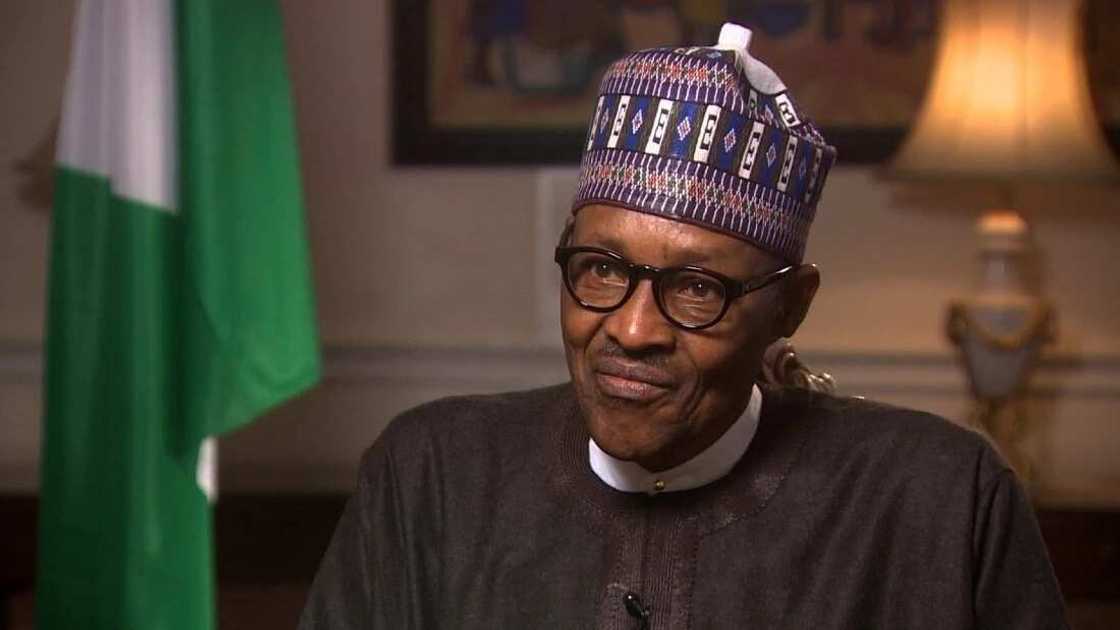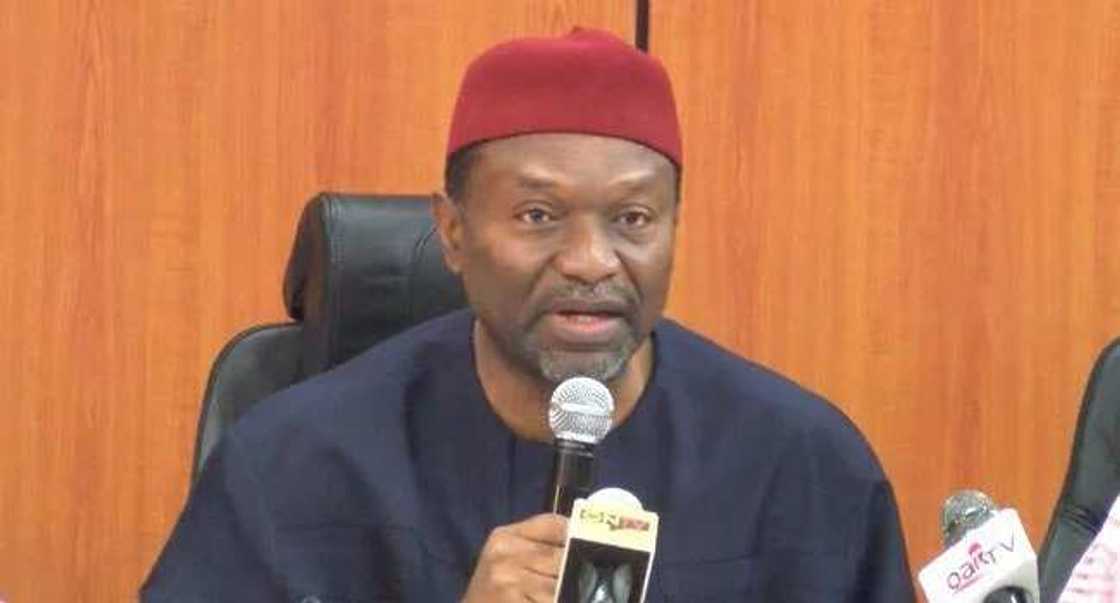All eyes on FG as its economic plan kicks off
A report by Bloomberg has detailed how the year 2017 is a defining year for President Muhammadu Buhari’s government in its quest to improve Nigeria’s economy.

This is coming after a growing discontent mounting in Nigeria over the economic policies of the government and the after effect on the Nigerian people.
The Buhari’s administration is now seeking to raise international debt, as lenders and investors are waiting for the government to announce a plan that could determine whether he keeps his promises to boost the economy and create millions of jobs.
The government’s economic blueprint for the next four years is due to be released this month and expectations are high that the document will bring out Nigeria from its recession.
The blueprint is also expected to boost the annual economic growth rate to at least 7 percent by 2020, budget and planning minister, Mr Udo Udoma told journalists on Monday, February 6 in Abuja.

The recovery and growth plan for 2017 to 2020 comes after Buhari forced the Central Bank of Nigeria (CBN) to maintain a currency peg for more than a year, curbing foreign investment, while the importers of certain raw materials and equipment are still banned from accessing dollars, denting manufacturing output.
Buhari approved the 2016 budget almost five months after the start of the year, causing delays in spending and adding to the woes of an economy hurt by declining oil prices and output.
“This is the last opportunity, if it has taken them two years to develop a plan, I don’t want to believe it won’t work, otherwise it will be total failure for this government,” Ayodele Akinwunmi, head of research at FSDH Merchant Bank Limited opined.
The government said ensuring macroeconomic stability, foreign-exchange availability and food and energy security are its immediate.
Part of the plan will be to boost oil production and revamp refineries, raise power generation, build food-processing zones, and invest in mines, and the government could sell assets and increase foreign borrowing to fund this.
Nigeria sought about $4.5 billion of external funding last year, but only managed to borrow $600 million from the African Development Bank, which will be used for power generation, roads, railways and ports.
The government has struggled to obtain more financing as foreign investors and the IMF have criticized its currency policies, which they say have left the naira overvalued and led to a severe shortage of the foreign-exchange businesses need to import raw materials and equipment.
Source: Legit.ng


